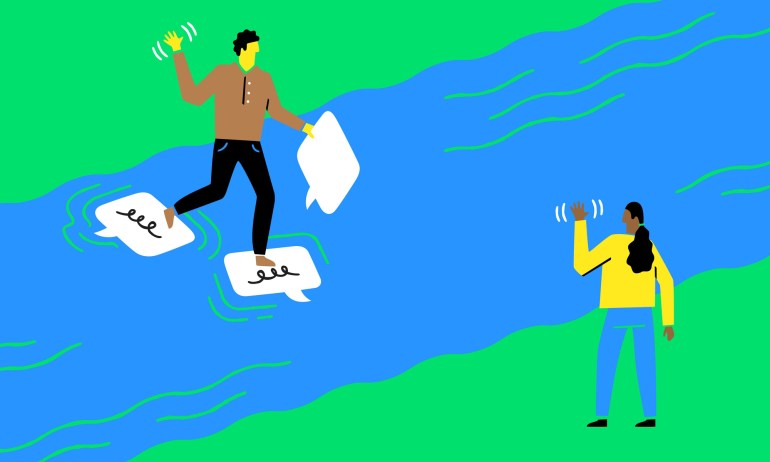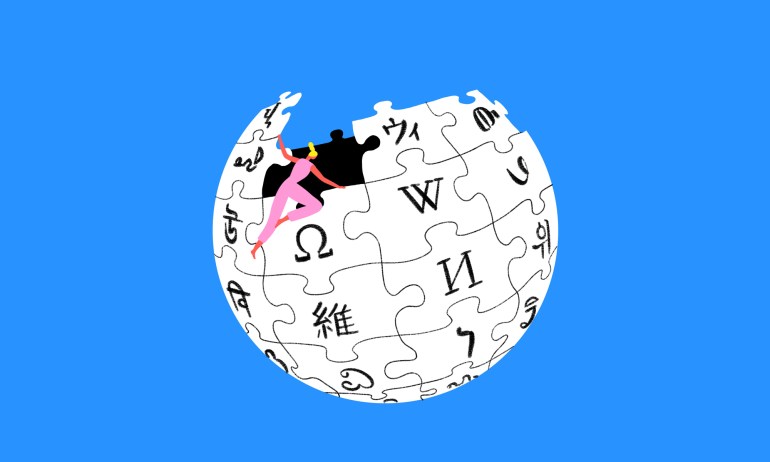
Arts + Design
Meet the person who created Dothraki and Valyrian for Game of Thrones — and learn how “khaleesi” should have been said
How do you build an ultra-compelling, feels-so-real fictional world? It all starts from the words up, according to linguist David J. Peterson.






